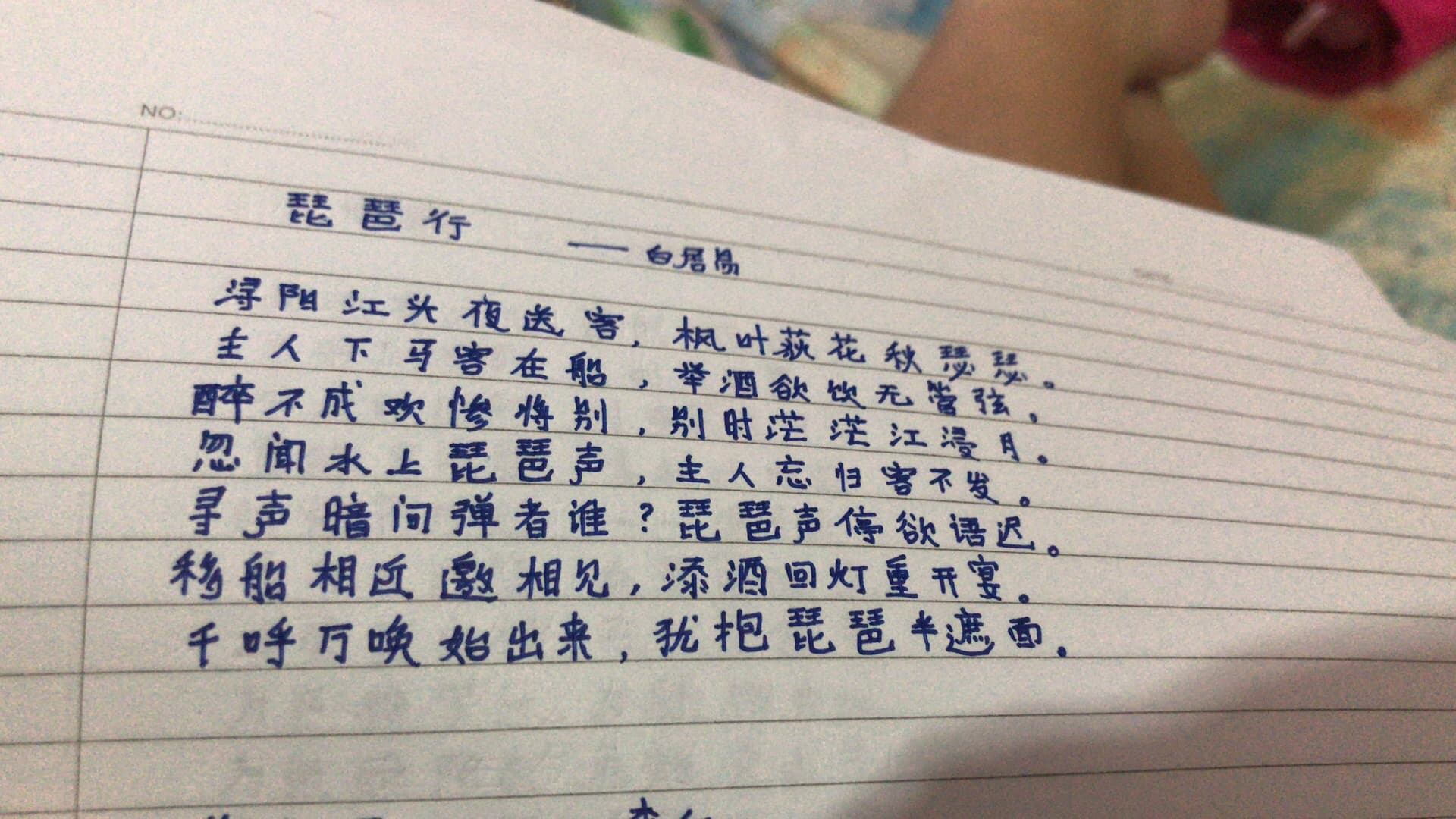
A poem that we had to memorize in highschool
I remember when I was once an advent reader consuming THICC scifi themed novels on a daily basis and finishing them up extremely fast. But nowadays I can barely finish a book that I started a year ago. Short form content is just too convinient which made me stop reading long form content. There is simply an endless stream of content and you'll easily get engulfed in it. By the time you realize it, countless of hours has already been lost.
To the surprise of many, I've always loved writing and curating content. In Primary and Highschool, I would draw out cool comics and share it with my friends (I wanted to be a comic artist, before going into CS). I would always induldge in writing whenever there was an essay homework (especially free form). But I've lost that touch and now Im trying to get back in the groove of writing as a hobby.
That's one of the main reasons I started this whole thing after looking at my friend's blog, it reignited a flame to start writing again. The biggest issue now is that I'm not sure what to write about, and I've forgotten how to write good content.
Just the other day, my friend recommended a few resources to me for look at. But it's been a long time since I've actaully read (I know I'm barbaric) so it took some time to finish up this great article on how to write.
What surprised me most from the article was a few key simple idea that many people overlook:
1. Writing from abundance: gather info while not writing (being observant)
upgrading my information diet
Writing is like cooking. If you walk into a Michelin Star restaurant and ask the chef: “What’s the fastest way to improve the quality of your food?” they’ll likely say: “Better ingredients.” consume things other people dont and, curate information streams:
- shortform(social media) - follow people that allign to your interest
- mediumform(articles) - less news, more magazines, speeches, essays that have stood the test of time
- longform(books, documentaries, lectures) - classics that are timeless
- escaping the never-ending now (social media consumption)
(Like hamsters running on a wheel, we live in an endless cycle of ephemeral content consumption)
practicing "capture habit"
- ambient research(passive research) - take note of interesting you come by on a daily basis
- read it later apps - store cool things you come by when you are busy
- save your own ideas - time machine to access later
- find where you already write a ton - draw ideas from there
building a note taking system
the point of taking notes is to write, not to have the perfect note-taking system.
2. Writing from conversation
Before you sit down to write, you can test your ideas in conversation
so write as if you're talking to a friend (not as a writer)
5 things to lookout for:
- confusing (a confused reader = a confused writer)
- repeated (write with purpose, dont repeat the same info)
- interesting (no fluff unlike college essays)
- boring (non-essentials out ->)
- surprising (new, fun, experimental ideas)
writing is a process of distillation
3. Writing for the public
I Feel like this not only applies to writing text, but coding as well Finding a key idea (helps you to stay on track)
- find your shiny dime
- distill ideas into coined phrases (memorable and fun) its surprising(obvious but not obvious), ambiguous(sparks curiosity), visual(metaphors), fun(catchy) Develop your voice (how you write, !what you write)
- Imitate, then innovate (imitate and learn from favorite writers)
- develop your style (follow rules early, then develop your own writing style)
“Writing tools often lower variance which is good if you’re a bad writer and bad if you’re a good writer.” - Michael Mayer
X. Ultimately Achieve Personal Monopoly
makes people go: "wow I've never met a person like you before" which my friend definitely has suceeded in achieving.
Keypoints:
- complimentary (different skills coming together)
- useful (provides something rare and valuable)
- specific (precisely define your PM)
- experiantial (harder - more valuable)
Asking the question of “What is my Personal Monopoly?” often leads to a low-grade identity crisis. Who am I? What do I stand for? What do people want from me? -lol
To read:
note to self: considering to observe and gather ideas during the week and curate something during the weekends, while producing shorter contents daily.